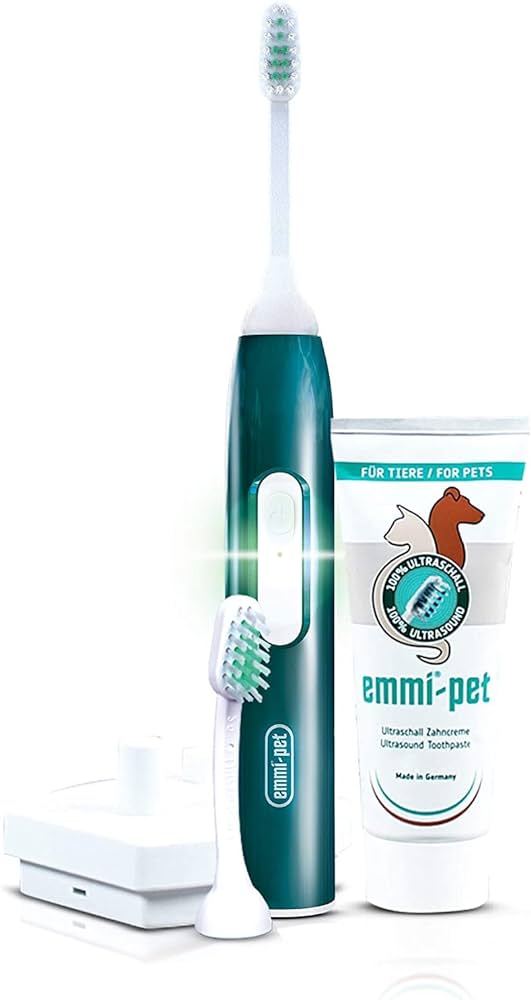
Are elderly using electric toothbrushes risking gum recession?
Introduction
Elderly individuals can benefit from using electric toothbrushes as part of their oral care routine. However, there are factors to consider when it comes to gum recession in this age group. Gum recession is a condition in which the gums pull back or recede from the tooth surface, potentially exposing the tooth root. In this article, we will explore the specific considerations for elderly individuals using electric toothbrushes, including age-related changes, medication side effects, oral health conditions, and proper oral care techniques.
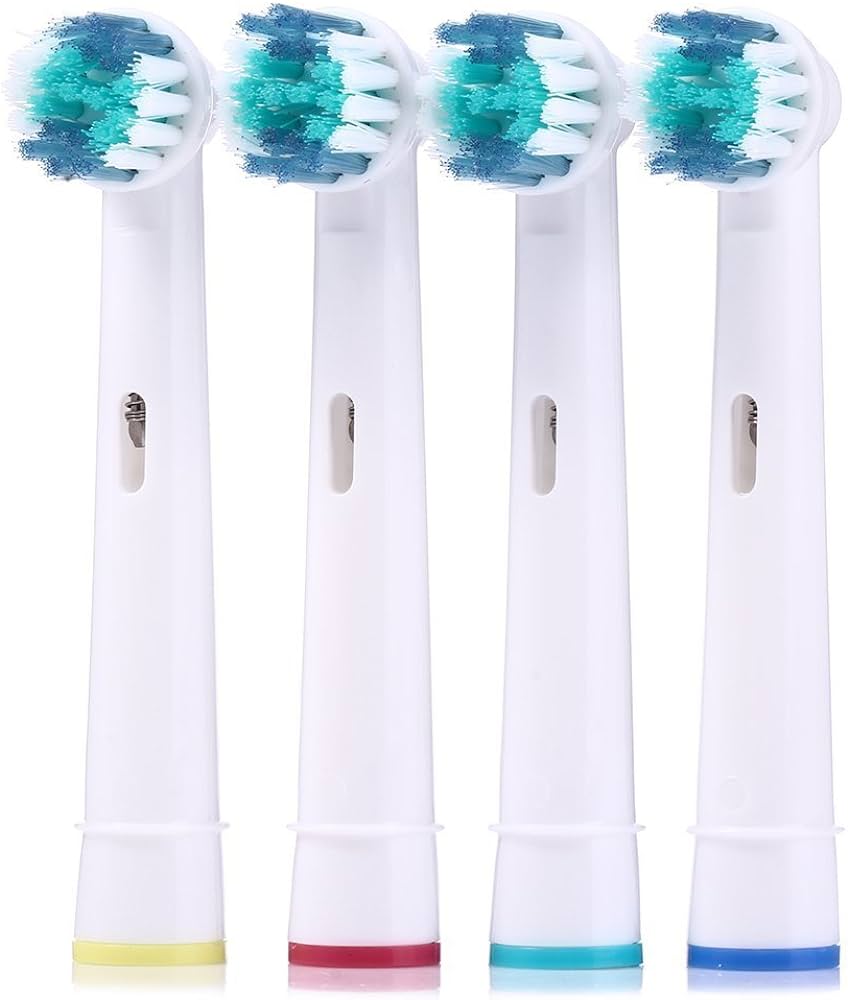
Are elderly using electric toothbrushes risking gum recession?
As individuals age, certain changes in oral health can increase the risk of gum recession. Consider the following factors:
Gum tissue thinning: Age-related thinning of gum tissue can make the gums more susceptible to damage and recession. Thinner gums may be more prone to recession due to factors such as improper brushing techniques or periodontal disease.
Reduced blood flow: Aging can lead to reduced blood flow to the gums, which can affect their health and ability to heal. This diminished blood flow can make elderly individuals more susceptible to gum recession.
Solution: Elderly individuals using electric toothbrushes should be mindful of their gum health and take necessary precautions to prevent gum recession. Regular dental check-ups and maintaining proper oral care habits are crucial in addressing any age-related changes and maintaining gum health.
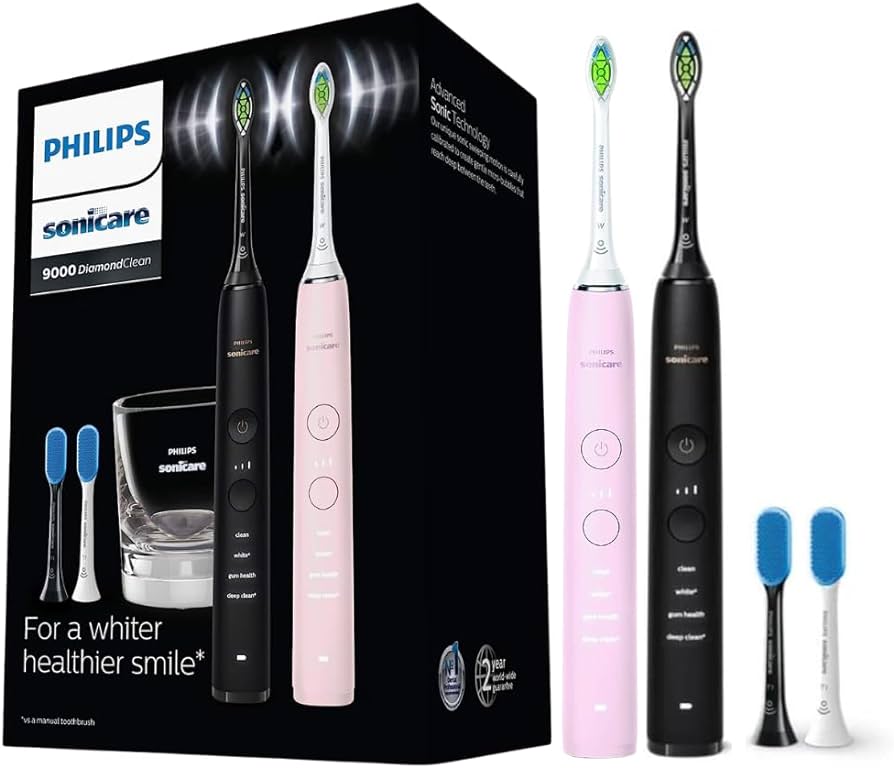
Medication side effects
Many elderly individuals take medications that can have side effects on oral health, potentially increasing the risk of gum recession. Consider the following factors:
Dry mouth: Certain medications, such as those used to treat high blood pressure or allergies, can cause dry mouth. Reduced saliva flow can contribute to gum recession and increase the risk of gum disease.
Medications affecting gum health: Some medications may have direct effects on gum tissue, potentially compromising their health and increasing the likelihood of gum recession.
Solution: If you are taking medications with potential oral health side effects, it is important to be aware of the risks and take steps to mitigate them. Stay hydrated, use saliva substitutes if needed, and maintain a thorough oral care routine to minimize the impact of dry mouth. Regular dental visits can help monitor and address any medication-related concerns.
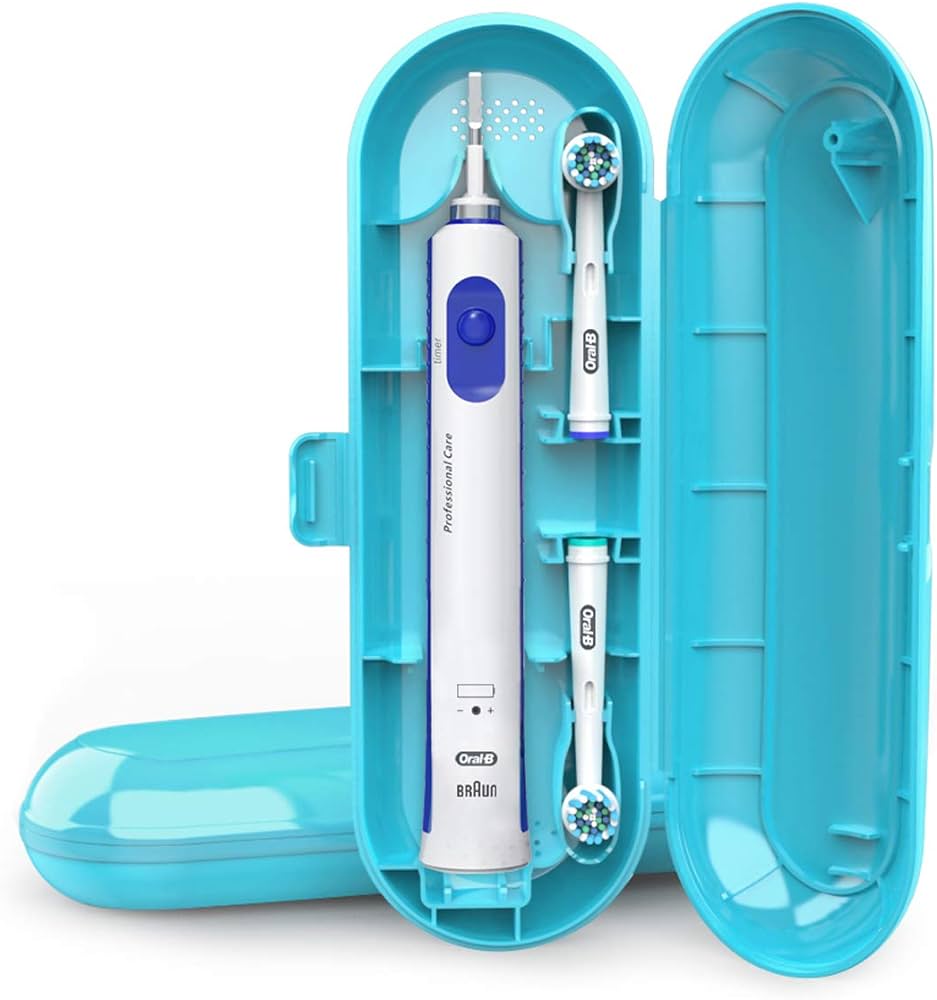
Oral health conditions
Existing oral health conditions can increase the risk of gum recession in elderly individuals. Consider the following factors:
Gum disease: Periodontal disease, characterized by infection and inflammation of the gums, is a common cause of gum recession. Elderly individuals may have a higher prevalence of gum disease due to factors such as inadequate oral hygiene or compromised immune systems.
Tooth loss: Missing teeth can lead to changes in the alignment and distribution of biting forces, potentially contributing to gum recession. Elderly individuals may be more prone to tooth loss due to factors such as advanced gum disease or dental decay.
Solution: It is important for elderly individuals with oral health conditions to receive proper treatment and management from a dental professional. Treating gum disease, replacing missing teeth, and addressing any underlying dental issues can help reduce the risk of gum recession.
Proper oral care techniques
Using proper oral care techniques is crucial for elderly individuals using electric toothbrushes to maintain gum health. Consider the following factors:
Gentle pressure: Applying excessive pressure while brushing can damage the gums and contribute to gum recession. Elderly individuals should use a light touch, allowing the vibrations or rotating action of the electric toothbrush to clean the teeth and gums effectively.
Proper brush head selection: Choosing a brush head with soft or extra-soft bristles is important for elderly individuals to minimize the risk of gum tissue damage. Hard bristles can be overly abrasive and potentially contribute to gum recession.
Adequate brushing time: Elderly individuals should ensure they brush for the recommended two minutes to effectively remove plaque and maintain oral health. Electric toothbrushes with built-in timers can be helpful in ensuring adequate brushing time.
Regular dental visits: Regular dental check-ups are important for elderly individuals to monitor their oral health, receive professional cleanings, and address any concerns or signs of gum recession promptly.
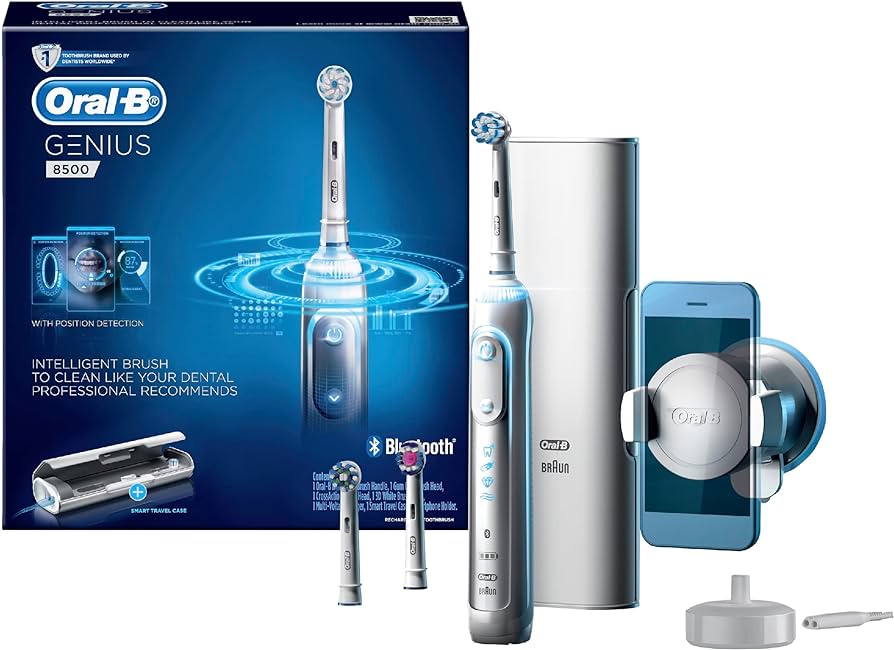
Additional considerations for elderly individuals
In addition to the factors discussed earlier, there are additional considerations for elderly individuals using electric toothbrushes to reduce the risk of gum recession. Consider the following factors:
Assistive devices: Some elderly individuals may use assistive devices, such as dentures or dental implants. It is important to clean these devices thoroughly and maintain proper oral hygiene around them to prevent gum recession. Consult with a dental professional for specific instructions on cleaning and caring for these devices.
Modified handles: Elderly individuals with arthritis or limited hand dexterity may find it helpful to use an electric toothbrush with a modified or ergonomic handle. These handles can provide a more comfortable grip and make brushing easier for individuals with physical limitations.
Individualized recommendations: Each individual’s oral health needs and challenges may differ. It is important for elderly individuals to consult with their dental professional for personalized recommendations based on their specific oral health conditions, medications, and any existing gum recession concerns.
Benefits of electric toothbrushes for elderly individuals
Despite the considerations mentioned, electric toothbrushes can offer several benefits for elderly individuals. Consider the following advantages:
Enhanced cleaning efficiency: Electric toothbrushes with vibrating or rotating bristles can provide a more thorough cleaning compared to manual toothbrushes. This can help remove plaque and debris, reducing the risk of gum disease and gum recession.
Easier brushing technique: Electric toothbrushes can be easier to use for elderly individuals with limited dexterity or mobility issues. The vibrations or rotating action of the brush head can assist in achieving thorough cleaning without requiring excessive hand movements.
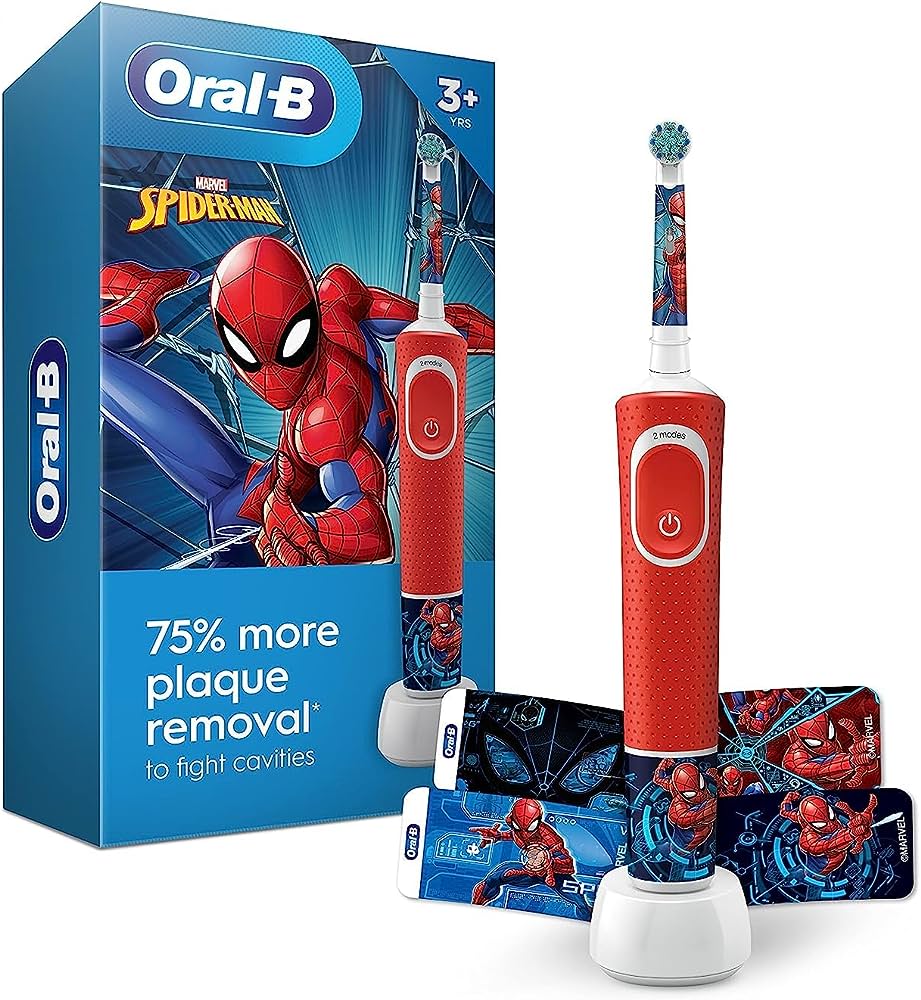
Conclusion
Elderly individuals can safely and effectively use electric toothbrushes as part of their oral care routine. However, there are factors to consider when it comes to gum recession in this age group. Age-related changes, medication side effects, existing oral health conditions, and proper oral care techniques all play a role in gum health. Elderly individuals should be mindful of their gum health, receive regular dental check-ups, and practice proper oral care techniques. By staying proactive and addressing any concerns promptly, elderly individuals can minimize the risk of gum recession and maintain optimal oral health with the use of electric toothbrushes.







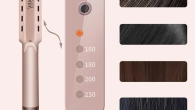


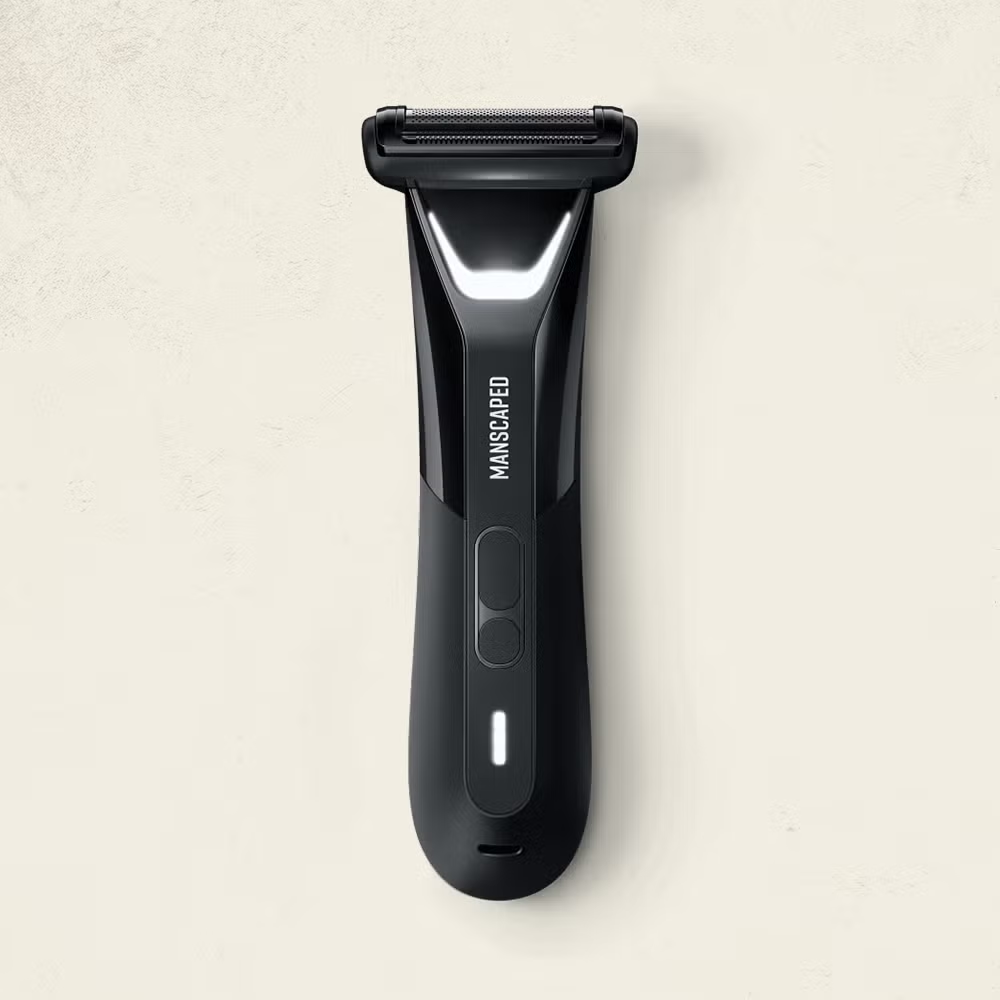
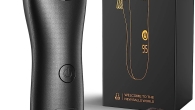
Leave a Reply
You must be logged in to post a comment.